Funding for Calvin Research Program in Photosynthetic Biology
Why This Project Is Important
Melvin Calvin was a Nobel laureate in Chemistry for his discovery of Calvin Cycle in photosynthesis. As a famous and well-known alumnus, he received his B.S. degree in Chemistry in 1931 at the Michigan College of Mining and Technology, known as Michigan Technological University (MTU) presently. Human foods come from sunlight through photosynthesis via plants, without which there will be no life for us human being. This proposal is to abide by the spirit of Melvin Calvin and to establish a Calvin Research Program for our undergraduate, graduate, post-doc, and visiting scholar students with a focus on photosynthetic biology related researches.
Project Description
Melvin Calvin was awarded with a Nobel Prize in Chemistry due to his discovery of Calvin Cycle in photosynthesis. As a famous and well-known alumnus, he received his B.S. degree in Chemistry in 1931 at the Michigan College of Mining and Technology, known as Michigan Technological University (MTU) presently. Human foods come from sunlight through photosynthesis via plants, without which there will be no human life on earth. This proposal is to encourage our students to follow Calvin's scientific spirit by establishing a Calvin Research Program to support our undergraduate, graduate, post-doc, and visiting scholar students with a focus on photosynthetic biology-related researches.
(1) To establish Calvin Research Fund: The Calvin Research Fund will be crowd funded nationally and internationally. We will strengthen Calvin Research Program in agriculturally important countries such as China and India by supporting research activities through Calvin Research Fund.
(2) To establish Calvin Research Program at Michigan Tech as well as overseas in China and India to promote photosynthesis related synthetic biology research. Our first objective of Calvin Research Program will engineer photosynthetic yeast that meant to be a second-generation of synthetic life on earth. By engineering photosynthetic yeast, we are expecting to produce bears and bread by just shining the sunlight on yeast cells plus CO2 and water.
(3) To recruit undergraduate, graduate, post-doc, and visiting scholar students and provide them with full or partial Calvin Financial Support to study photosynthesis and synthetic biology through the collaborations of Calvin Research Program with departments of Biology, Chemistry, Chemical Engineering, Biomedical Engineering, and the School of Forestry.
Meet the Researcher

Guiliang Tang
Dr. Tang conducted his graduate research on the catabolic pathway of the essential amino acid lysine in the laboratory of Dr. Gad Galili at the Weizmann Institute of Sciences, Israel. He then moved to the laboratory of Dr. Phillip D. Zamore at the University of Massachusetts Medical School for his post-doctoral research on plant RNA interference (RNAi) and microRNA (miRNA) pathways. He established his independent Gene Suppression Laboratory at the University of Kentucky (UK) and became a tenured Associate Professor there. In October 2011, he moved from UK to Michigan Technological University (MTU) at the Michigan’s Upper Peninsula (U. P.) for a family reunion and enjoyed the first winter time with much outdoor activities with his wife and kids. In May 2016, he became a full professor.
days left
funded
last
What Your Donation Can Help Us Do:
- Provide financial support to highly motivated and under-presented high school, undergraduate, graduate, post-doc, and visiting scholar students as well as woman students and scientists to Calvin Research Program with a focus on chemical biology, synthetic biology, and structural biology.
- Provide research funds to conduct cutting-edge researches such as invention and generation of photosynthetic yeasts.
Recent Donors
Some donors may be hidden.

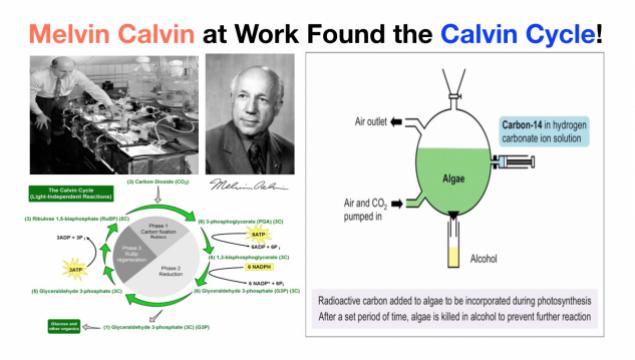
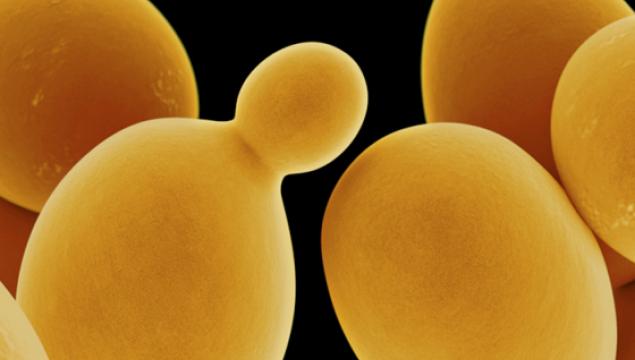
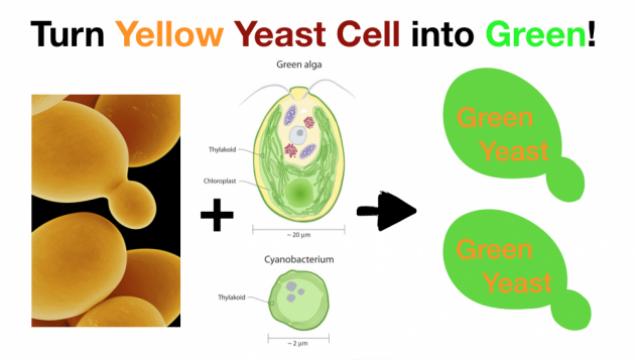
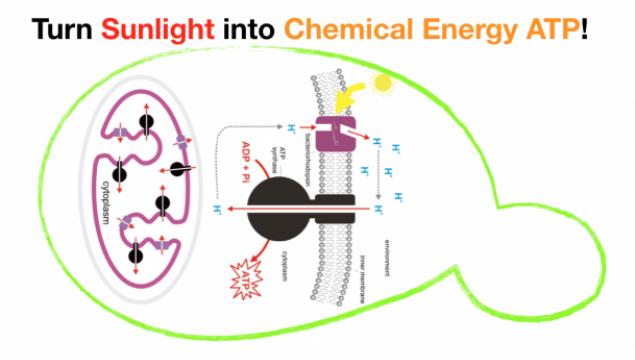
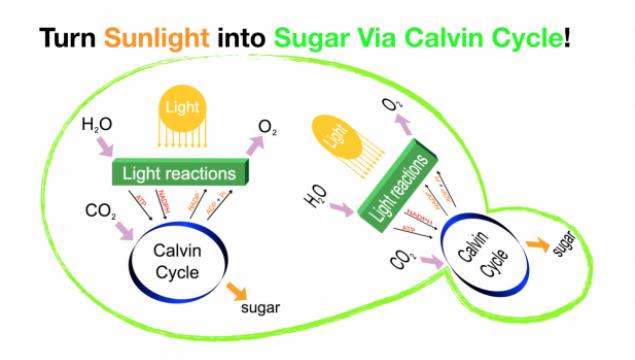


 Gifts to projects listed on SUPERIORIDEAS.ORG are received and processed by Michigan Tech Fund. Michigan Tech Fund is a tax-exempt organization under Section 501(c)(3) of the Internal Revenue Code acting on behalf of Michigan Technological University. It is the policy of Michigan Tech Fund that a portion of the gifts and/or income therefrom may be used to defray the costs of raising and administering the funds.
Gifts to projects listed on SUPERIORIDEAS.ORG are received and processed by Michigan Tech Fund. Michigan Tech Fund is a tax-exempt organization under Section 501(c)(3) of the Internal Revenue Code acting on behalf of Michigan Technological University. It is the policy of Michigan Tech Fund that a portion of the gifts and/or income therefrom may be used to defray the costs of raising and administering the funds.